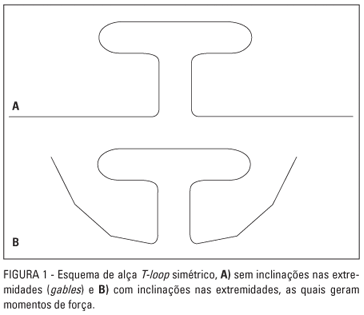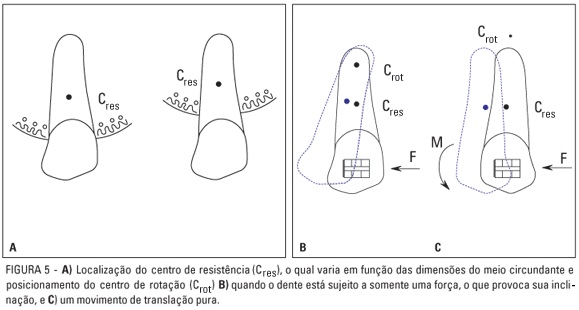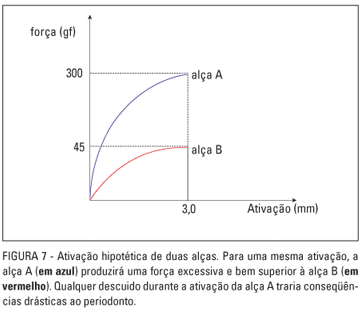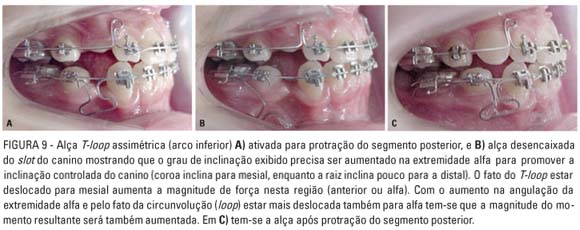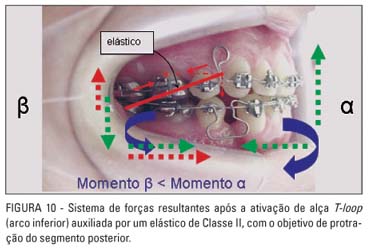Retraction springs are commonly used in Edgewise mechanics in a sectional (e.g. canine retraction) or in a segmental approach (e.g. "en masse" anterior retraction). These springs can modulate the anchorage needs depending on the treatment plan objectives. In this work it is discussed the mechanical properties related to the spring’s design, the force system originated by their geometric shape and activation, and the methods used to test them. Among the techniques used to analyze a retraction spring, it can be pointed out the Finite Element Method (FEM). Nevertheless the FEM is based on mathematical models, it is an efficient non-onerous way for computational simulation of a prototype, so it can be evaluated before its physical construction. On the other hand, the experimental methods are closer to real conditions, but they are more costly. The use of both methods in different stages is recommended for a better development and characterization of prototypes.
Orthodontic springs; Mechanical properties; Mechanical experiments; Anchorage unit

